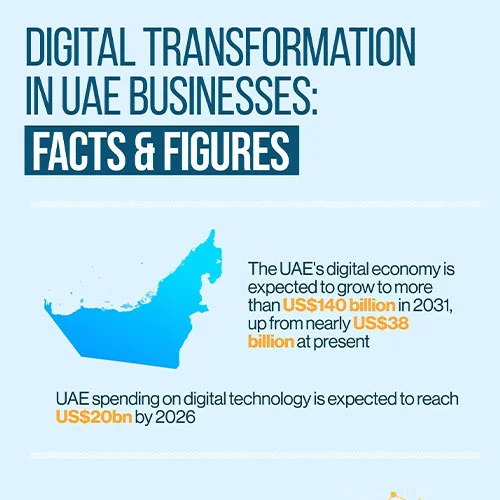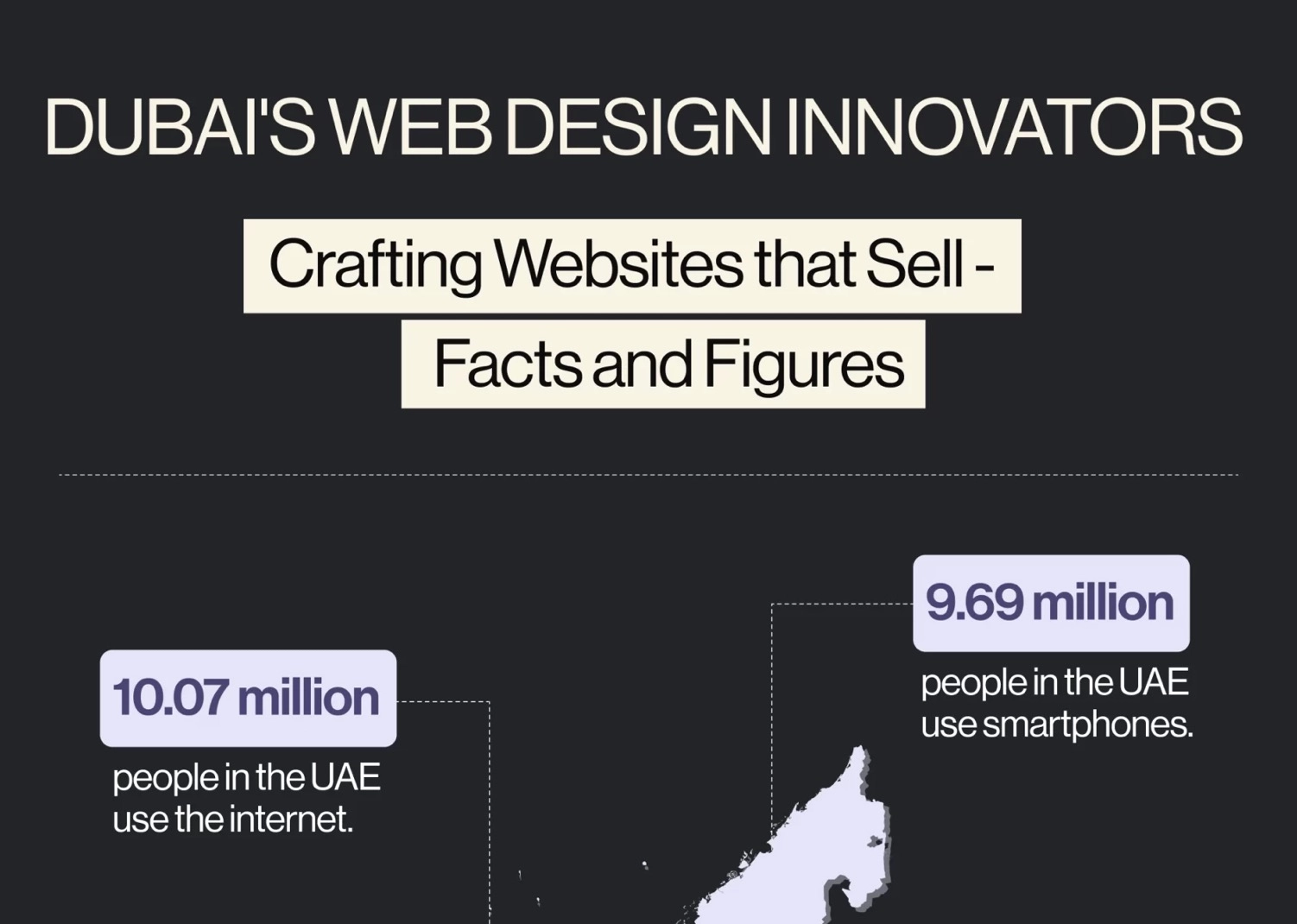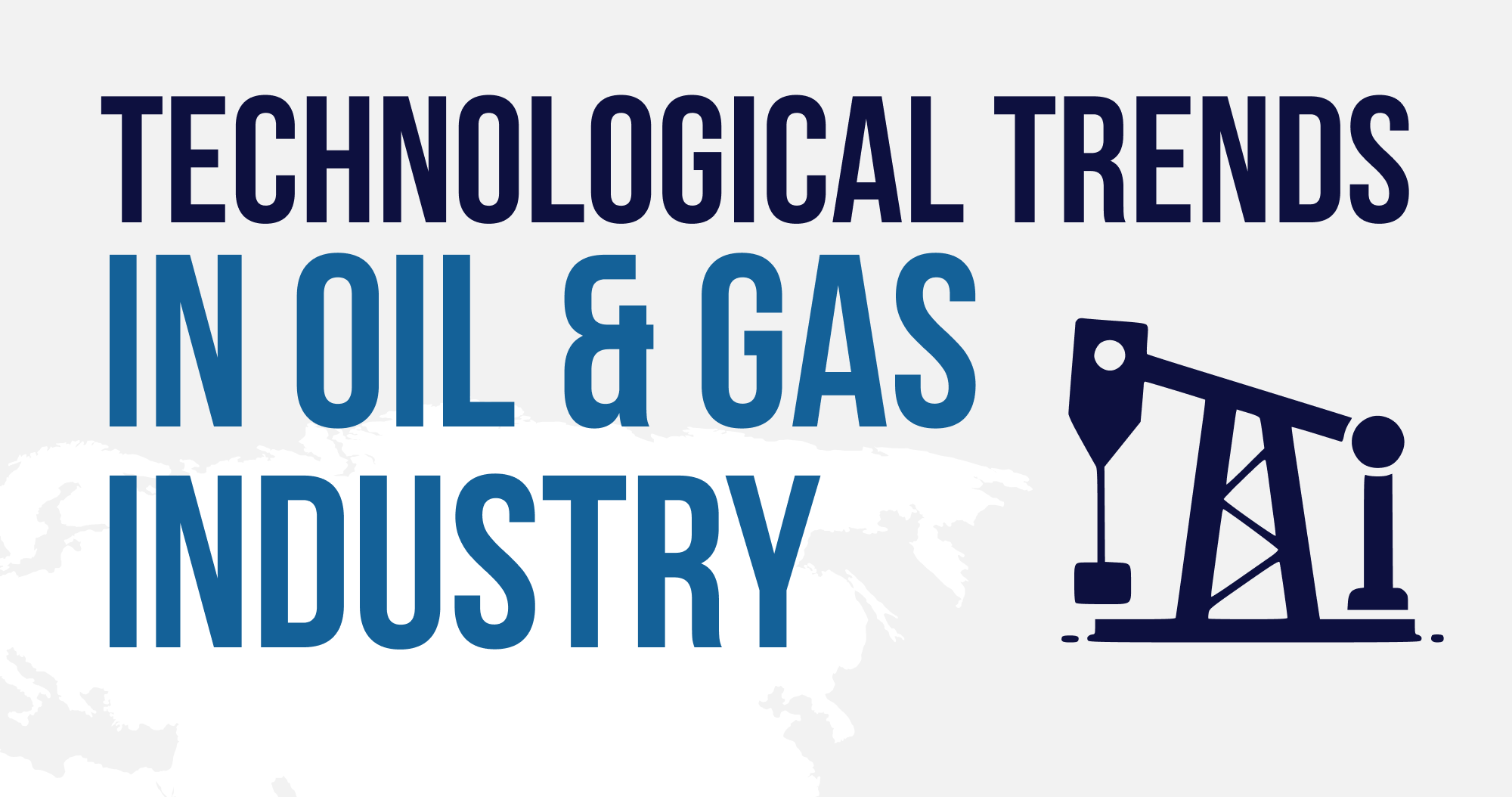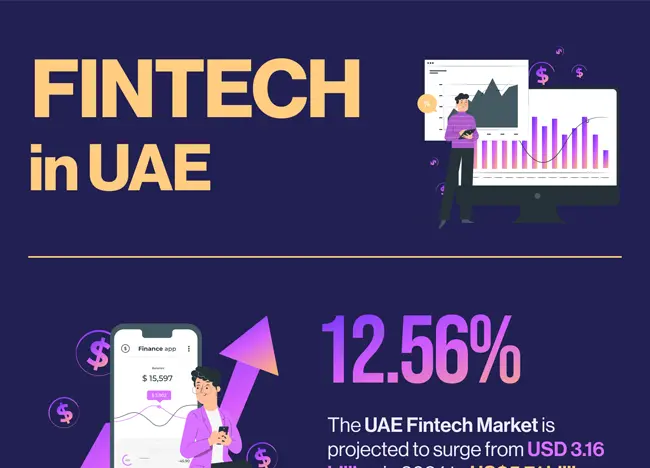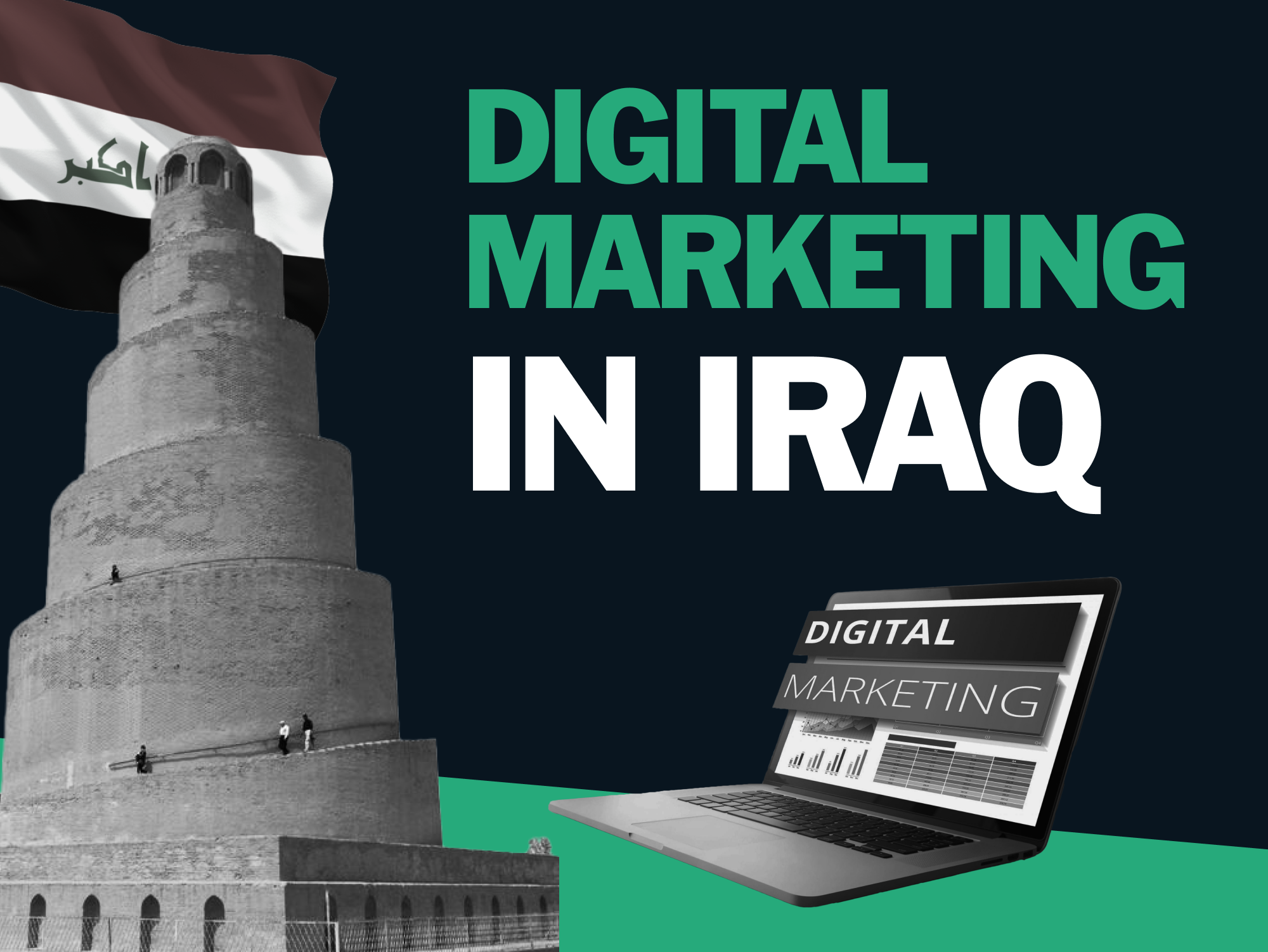Organizations depend on ERP (Enterprise Resource Planning) software for automating all aspects of the business – from procurement to risk management to financials and supply chain operations. However, arriving at this automation level brings with it a considerable expense.
Based on a 2016 Nucleus Research, organizations' average cost to create the ERP systems on-premises, comprising hardware, software, training, personnel, and consulting, is close to $8 million. And when compared with $2.6 million for setting up the ERP apps in the cloud, most CFOs and CEOs agree that it's time to purge on-premises data centers. To know more about this, you can check out the ERP software in Bahrain.
However, the cost isn't the only factor! It is essential to realize that cloud applications add brand new features quickly as a part of the subscription on the supplier's money and not yours. Hence, today most organizations are planning to move to the cloud as a brand-new business model. More than business model shifts and cost savings, there are many reasons to shift the on-premises ERP to the cloud.
- Come up with profitable and precise decisions with machine learning and in-built analytics - The latest cloud ERP apps have in-built analytics that helps organizations assess historical data, evaluate current performance, and make informed decisions about expanding the company in the days to come. Organizations can recognize patterns in performance using adaptive intelligence and machine learning embedded into the cloud-based HR, supply chain, and finance applications. For instance, the suppliers making timely payments and the ones you need to move out of the network.
- Remove manual transaction processing and non-value work - Today, you can use IDR (Intelligent Document Recognition) and OCR (Optical Character Recognition). Hence, the finance personnel are not subjected to long hours of crosschecking and manual data entry. Instead, they can concentrate on non-strategic activities, including decision-making, performance management, and data analysis.
- Get real-time insight into financial trends and daily operational performance from any device - The cloud-based software successfully replaces spreadsheets, visualization tools, and graphics optimized for Smartphones, tablets, laptops, and desktops. Hence, the CFOs, accountants, line-level managers, analysts, and controllers can analyze, custom report, and investigate account balance and develop performance-associated decisions anywhere and anytime with their mobile devices.
- Obtain quick month-end close by linking to various data sources and opting in for prebuilt reporting templates - The advanced ERP cloud apps standardize and automate journal entries with direct integration between the general ledger, core financial applications, and various other on-premise and cloud-based source systems. It allows the person to quickly generate and share dashboards and assess the updated status on the organization's balance sheet, income statement, and cash flow.
- Manage to changing accounting standards and compliance regulations, making use of revenue-management cloud services - The brand-new regulations for managing contracts with consumers have come into effect! It requires the organizations to follow complicated rules for the way they sell products and get payments. Today's cloud-based ERP apps have inbuilt tools that assist organizations in complying with the Accounting Standards Codification and International Financial Reporting Standards. It also allows the finance teams to run the reports to evaluate whether they are at risk of not catering to performance obligations or recognizing revenue, or allocating transactions.
- Automate risk management with GRC (Governance, risk, and compliance) tools on the cloud - Mapping, testing, and designing risk controls in conventional, on-premises ERP applications is time-consuming. It requires people to move through several spreadsheets and yearly records. Hence, most companies do what is essential to cater to the regulatory need but are not willing to inventory all the controls to make sure that they align with the organizational structures and internal policies. And without proper controls that organizations are vulnerable to internal fraud and various finance policy violations. On the other hand, the cloud ERP tools have preconfigured control templates, which makes it easier to segregate duties and assign roles.
- Expand fast in new markets at reduced risk by automating the foreign tax law adherence - It gets developed especially for the organizations that have developed their operations internationally. The recent cloud ERP applications have got inbuilt localizations that address the taxes, financials, and local business needs.
- Draw in maximum value from the present IT assets and investments with IaaS (Infrastructure as a service) - Since several organizations have invested in the on-premise systems that haven't yet realized their full ROI potential, associating with the cloud through IaaS is a feasible way for businesses to get advantages of ample flexibility at a reduced cost. And this happens without losing out on their IT investments. IaaS enables the organizations to extract out certain functionalities within the on-premise enterprise resource management, human capital management, or customer relationship management.
- Fasten innovation by using PaaS (Platform as a service) - Since PaaS enables companies to clone their production and software development, the developers can test out new applications or cloud customizations without compromising the live instances. They don’t suffer any loss by taking their businesses to an offline mode as well.
- Manage the overall business from one cloud platform - Most ERP applications function as the backbone of an organization's critical-mission business system. On the other hand, the cloud ERP applications can easily integrate with a legacy on-premise system, other third-party apps, cloud applications, social platforms, mobile, and the Internet of Things. It can turn every organization, department, and line of business into an analytics powerhouse.
Wrapping things up
The ultimate impact of all these advantages is that organizations can generate more value with lesser resources by shifting the ERP software to the cloud. When organizations replace functional efficiency with operational agility, it can free them to cool things using the data. Hence, these are a few of the reasons for which you can shift your ERP software to the cloud. It will bring in ample functional efficiency and allow companies to complete more tasks within a lesser time.
